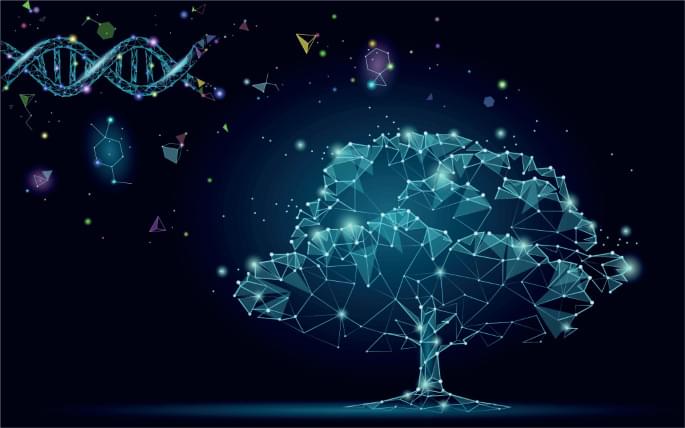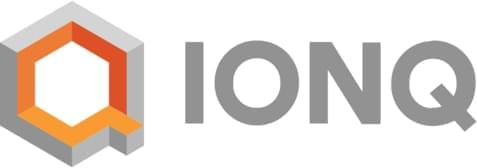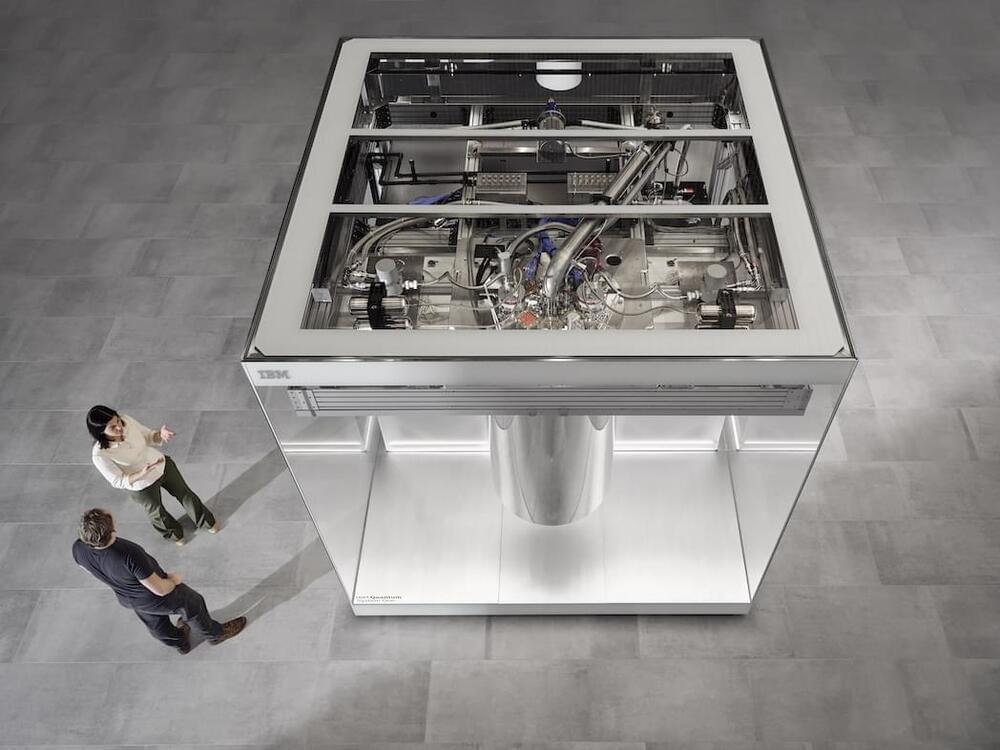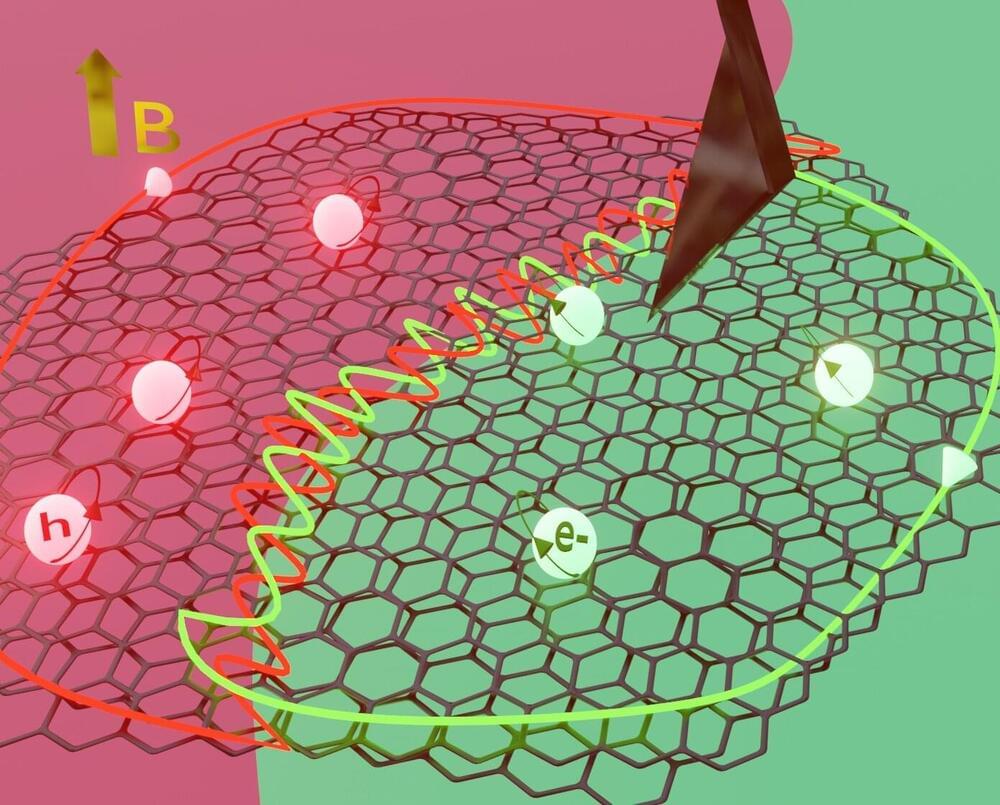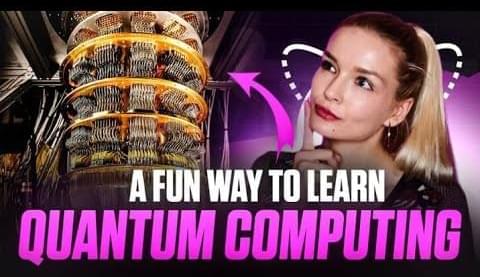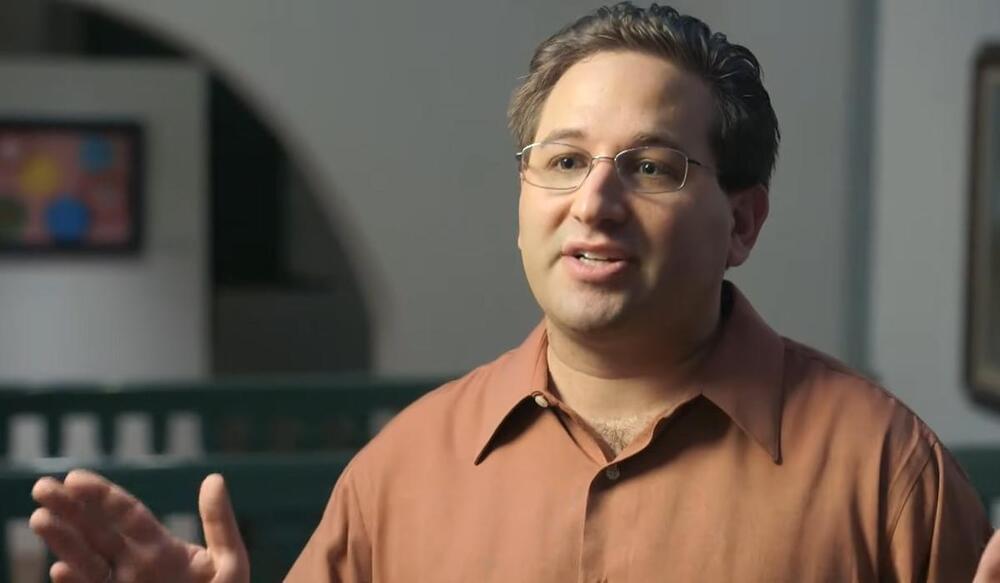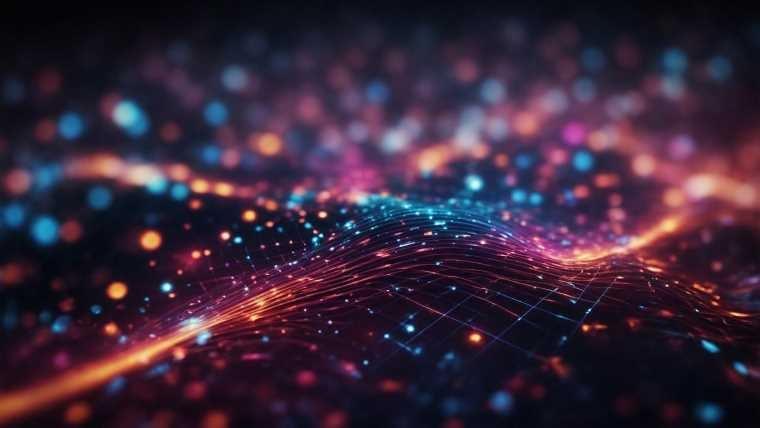Nov 29, 2023
Navigating advanced technology transitions: using lessons from nanotechnology
Posted by Genevieve Klien in categories: biotech/medical, nanotechnology, quantum physics, robotics/AI
As researchers, developers, policymakers and others grapple with navigating socially beneficial advanced technology transitions — especially those associated with artificial intelligence, DNA-based technologies, and quantum technologies — there are valuable lessons to be drawn from nanotechnology. These lessons underscore an urgent need to foster collaboration, engagement and partnerships across disciplines and sectors, together with bringing together people, communities, and organizations with diverse expertise, as they work together to realize the long-term benefits of transformative technologies.
